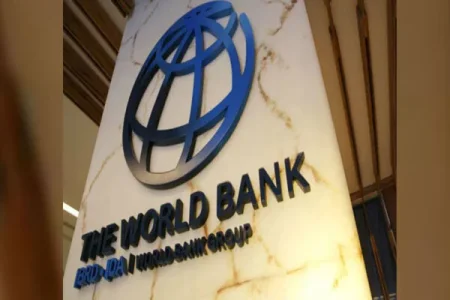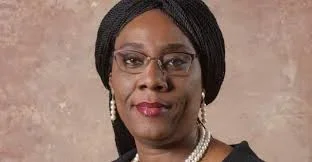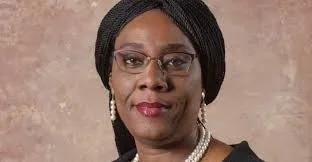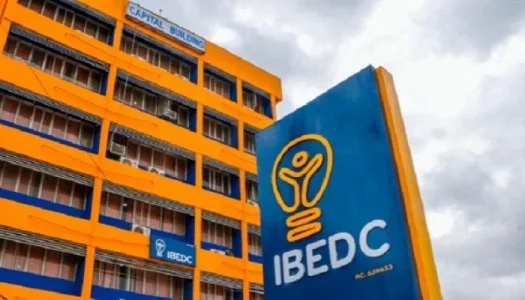
A new World Bank report shows 75% of Nigerians in rural areas now live in poverty — a stark contrast to official narratives. The gap between data and decision-making is growing, and it's hitting the poorest hardest.
- 75% of rural Nigerians now live below the poverty line
- Urban poverty also rose to 42%, up from 33% in 2018
- World Bank flags deepening inequality, food insecurity, and joblessness
- Report points to gaps in policy focus and unreliable economic projections
- Experts urge a shift from “economic optics” to real human outcomes
This isn’t just about bad stats — it’s about real lives being pushed further to the edge. The World Bank's findings challenge years of government optimism and raise hard questions: How can development be real if it excludes those outside city centres? As rising inflation and limited safety nets worsen conditions in rural communities, it’s clear that top-down policy that ignores the grassroots is part of the problem.
If 3 in 4 rural Nigerians are poor, how long can we keep pretending this is temporary? The data is loud — the question is, will leaders listen?




